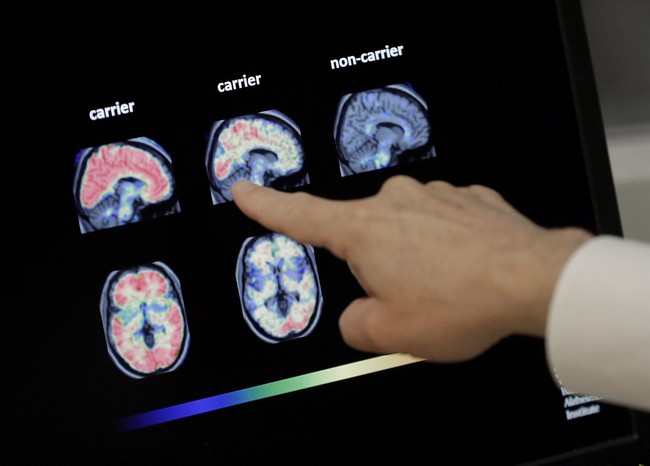
Last year, the FDA cleared Elon Musk’s company Neuralink to begin clinical trials on humans of their brain implant device. The company claims that the device will allow paralyzed people to control various devices using only their thoughts. And to their credit, the early tests suggest that they may have pulled off that feat. But there were reports in the media suggesting that Neuralink employees had complained about sloppy test procedures and problems with the trials in animals. Now one Democratic Congressman is asking the FDA to explain whether it investigated those claims before issuing its approval and if the process had been moved forward prematurely. (Reuters)
A U.S. lawmaker involved in health policy has asked the Food and Drug Administration why it did not inspect Elon Musk’s Neuralink before allowing the brain implant company to test its device in humans.
Reuters reported last month that FDA inspectors found problems with record keeping and quality controls for animal experiments at Neuralink last June, less than a month after the startup said it was cleared to test its brain implants in humans.
Neuralink, which first tested its device in monkeys and other animals, is now testing the device in humans. The company makes a brain-chip which enables paralyzed patients to control a computer using only their thoughts.
In a letter to the FDA on Monday, Democratic U.S. Representative Earl Blumenauer said he was concerned the agency ignored “troubling evidence” of animal testing violations that had been raised dating back to at least 2019.
The complaints that were raised last year run along two lines. One problem was that the animal testing was allegedly rushed and resulted in the needless suffering and death of animal test subjects. Anyone who has followed my work knows how I feel about animal care and my opposition to animal cruelty, so I obviously find this upsetting if it’s true. But at the same time, medical science frequently has to employ such testing to advance, so it’s a difficult debate to have.
The second line of objections was more disturbing. The employees suggested that the flawed testing may have produced flawed or unreliable results. More care should have been taken before allowing the implants to be put into humans. If that’s true, then it sounds as if the FDA may have really gone astray here. But the FDA provided an initial response saying that they were aware of the allegations and their investigations revealed no such concerns. They are conducting additional lines of inquiry and will report their findings back to Congress.
Perhaps the results speak more loudly than words. Musk’s team got to work as soon as the FDA approval was received and they apparently had a human test subject ready to go. The surgery was performed, and last month it was reported that the paralyzed patient was already able to move a computer mouse with his mind. He was expected to be able to navigate a motorized wheelchair in a similar manner soon. So is that the end of the debate? Does success wipe away all of the questions?
Perhaps. It seems increasingly likely that this technology is coming whether anyone likes it or not, even though it seemed like science fiction only a couple of decades ago. But I will confess that my inner Luddite still puts a queasy feeling in my stomach whenever I read about it. I remain an ardent opponent of transhumanism, and if we continue down a path where we keep replacing bits of our bodies with machines, when will we reach a point where we are more robotic than human? I had previously comforted myself with the idea that artificial limbs were nothing to be concerned about as long as we kept control of our brains. After all, that’s what makes us human, right? But in just the course of my lifetime, we’re reaching the stage where we’re going to start altering our brains as well.
Don’t get me wrong. Paralysis is terrible and if medical science can find a way to help patients overcome that, it’s a modern miracle that even I will welcome. But if we can change that part of the brain today, what will they be changing tomorrow? That question takes us down some dark trails into issues of free will and the difference between the soul and the intellect. How many changes can we make before we lose sight of the line dividing man from machine? What becomes of the Luddite humans in a world filling up with superior androids? Elon Musk is clearly very excited about this and why wouldn’t he be? I’m sure he sees himself as someone leading the charge toward human immortality and a race to the stars. It’s a wonderful vision. But how “human” will we be at that point and what will we have to sacrifice to reach that goal? I think these are valid questions that deserve answers.










